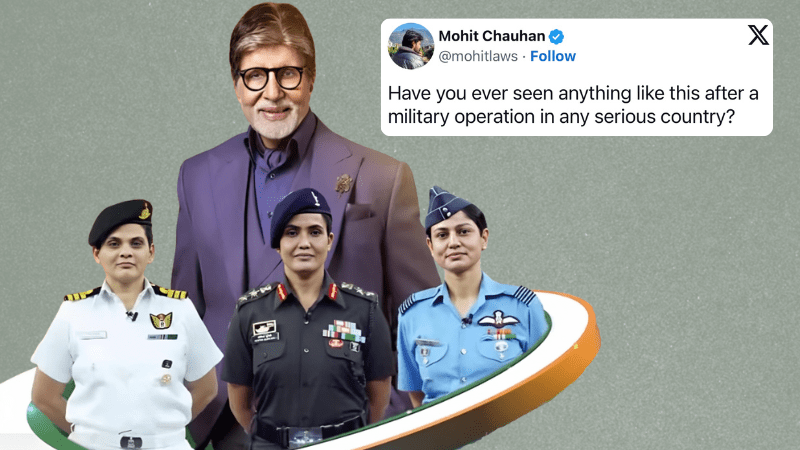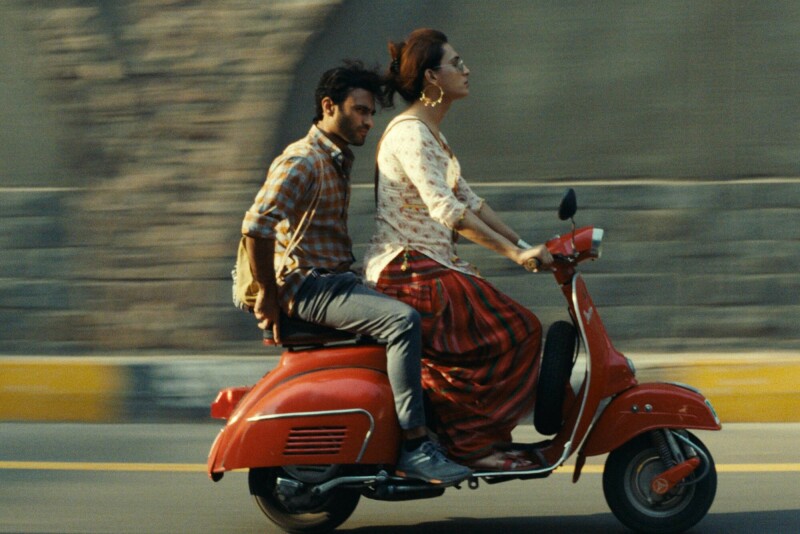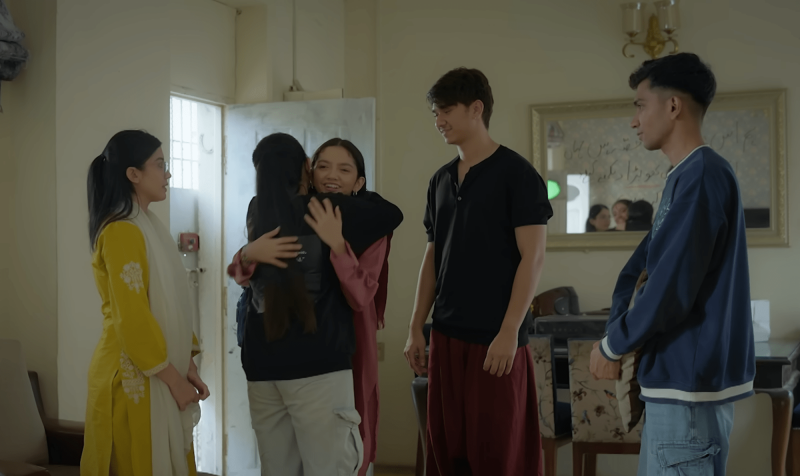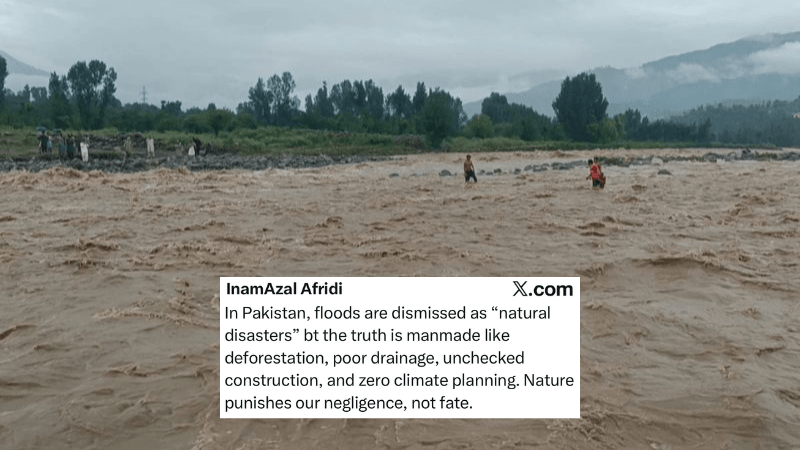Human rights challenges discussed on the big screen at Asia Peace Film Festival
More than 40 short films were screened on the first day of the three-day Asia Peace Film Festival at the Pakistan National Council of the Arts (PNCA) on Monday.
Each of the five sessions on the first day included six to seven films and discussion sessions at the end.
The festival aims at supporting the common vision of Asia on the situation of human rights and other challenges being faced by the 60pc of the total global population. The festival features over 100 films from China, Korea, Bosnia, Turkey, Hong Kong, Afghanistan, Iran, India, Nepal, Iraq and Malaysia.
Federal Minister for Interior, Narcotics Control, Planning and Development Ahsan Iqbal was the chief guest at the inauguration of the festival.
Speaking on the occasion, the minister said peace was the basic element for the GDP growth.
The world cannot have stable development until the Asian countries have their contribution in the global economy. So peace in the Asian countries is vital for the global sustainability, he added.

Mother, a 30-minute film from Iran, which was directed by Maria Mavoty, shows the suffering of women during the so-called Islamic State (IS) attacks. The film is about a mother who fails to save her children when IS attacks Shengal, her hometown.
Finding it hard to live after the loss of her children, she joins the convoy of women and children fleeing to Syria.
In the beginning, she blames herself for the tragedy but on her way to Syria she tells the real story that she wanted to rescue her children but was forced not to do so.
A very unique and one-and-a-half-minute film, So Easy, shows many social evils. Directed by Majid Amiri from Iran, it showcases that while a politician is drinking a glass of water at the beginning of his speech about disasters, many other tragic events happen around the world such as domestic violence, terrorism, water crises, food insecurity, gender violence and others.
Another true story, Water, directed by Syed Jalal Rohani, shows the circumstances faced by street children in Afghanistan.
This short film is about Marzia, an eight-year-old victim of human trafficking. Her parents sell her to a man leading a garbage collectors’ group in Kabul. Marzia and many other children work for the group chief who abuses them as beggars and labourers.
One day, while trying to pick an empty can she sees a teacher teaching his students about water. She tries to learn it from the broken glass window of the classroom but in the evening gets punished for not collecting enough garbage.
The second day when she is passing by the same classroom, she ignores it and collects more cans due to the punishment she had gotten the previous night.
Speaking about the film at the discussion session, director Syed Jalal Rohani said it was a true story and he met the girl and other children which inspired him to make a film.
“I named it Water because water is a necessity and education is also a necessity for the future of our children.
Street children in Afghanistan are neglected by the authorities. They do not attend schools because their families face financial difficulties,” he said.
Most of the short films, documentaries and animated films screened on the first day highlighted conflicts and wars while some focused on human rights, freedom of expression and the right to life.
Originally published in Dawn, September 19th, 2017













Comments